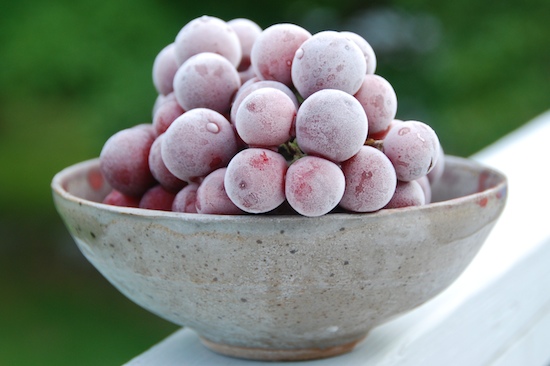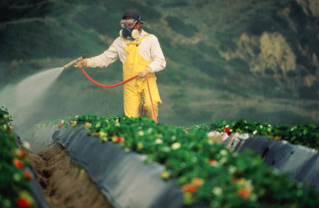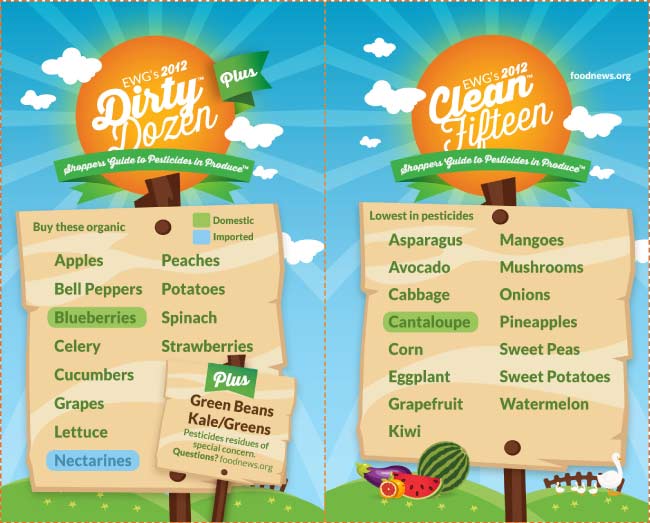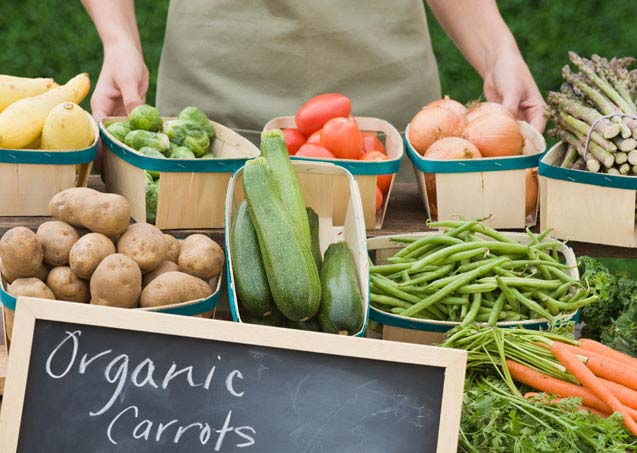I used to be a delinquent grocery store grape eater.
Just a few grapes here and there, you know? A few nonchalant bites would get me through shopping the aisles after a long day.
Nevermind the dirty film resting on the purple fruit, or the fact that they weren’t organic (…or the ethics of it!).
I reasoned that not washing the fruit (which just takes too much time!) would be offset by the vitamins and minerals in the little buggers…
Not so much.
Why was I living under a rock for so long, oblivious to the importance of produce origin and quality?
There are literally 75,000+ manmade chemicals in this world. The frightening thing is that we probably have no idea we are even consuming or coming into contact with these chemicals – whether in a processed box of food, the air, water, etc.
Minimizing exposure could mean vastly improving our long-term health, and especially the long-term health of our kids and/or grandkids.
Check out some facts:
- According to the FDA, half of produce contains measurable pesticide residues (currently tested in grocery stores)
- According to the U.S. Department of Health and Human Services, organophosphate pesticides (OP) are found in the blood of 95% of Americans tested (Linked to hyperactivity, learning disabilities, behavioral disorders, motor dysfunction,etc.)
- Children receive 50% of their lifetime cancer risk in the first two years of life (yikes!!!), and according to the Centers for Disease Control, food is one of the main sources of exposure
- An estimated 60-80% of cancers are a direct result of chemicals in our air, water and food
With the overwhelming facts, how do we minimize exposure in the realm of produce?
Where do we even begin?
A Grocery Shopper’s Guide to Pesticides in Produce
The Environmental Working Group, a 501(c) (3) non-profit that aims to protect public health and the environment from toxic contaminants, has published a guide to aid in safer shopping and consumption.
“[It] will help you determine which fruits and vegetables have the most pesticide residues and are the most important to buy organic. You can lower your pesticide intake substantially by avoiding the 12 most contaminated fruits and vegetables and eating the least contaminated produce.”
This is the good news… prevention by awareness and education.
The bad news (for me)!?
Grapes are undoubtedly on the “Dirty Dozen” list, which means I’ve most likely ingested my fair share of pesticides from my “innocent” grocery store grape eating habit. UGH. Hopefully, my current eating habits will flush out those toxins…!? UGH!
See below:
- Buy organic, in-season produce from your local market!
- Use veg & fruit washes (clean produce for 5-10 seconds, then rinse with slightly warm water)
- Peel fruits with higher residue levels (i.e. peaches, pears, apples)
- Grow your own!
Do yourself a favor and if you were in the habit of sneaking unwashed, non-organic fruit from grocery stores which you can have a peek here, learn from my mistakes!!
For more information on eating organic, read my post here.




